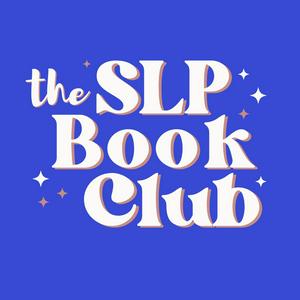This week we're reading Chapter Six from Free to Learn by Peter Gray, "The Human Educative Instincts." In this chapter, Gray explains that humans are born with powerful instincts that drive learning, including curiosity, play, and sociability. He shows how these natural tendencies have been essential for survival throughout history, helping children acquire the knowledge and skills of their communities. We discuss how traditional schooling often suppresses these instincts, replacing intrinsic motivation with external rewards and punishments. Gray emphasizes that when children are free to follow their interests, these instincts guide them toward deep, meaningful learning. In our conversation, we reflect on how speech therapists can tap into curiosity, play, and social connection to support communication growth in more natural and motivating ways.
We're discussing this book on WhatsApp! Click here to join the group!
Head to patreon.com/theslpbookclub/membership to become an SLP Book Club supporter! You'll get episodes early and ad-free and a resource from Laura's TPT store every month.
You can check out Adrianne's app, Say Hello, by going to sayhellospeech.com/say-hello-app.
View the app in the Apple App Store here and on Google Play here.
Find great shirts, sweatshirts, and wall art for SLPs in Laura's Etsy shop, Sunshine Speech Studio.
If you love what we're doing at the SLP Book Club, please consider leaving us a 5-star rating and review wherever you listen. This is the best way to support the podcast and help other SLPs and educators find us!
Connect with us on instagram @slp_bookclub
Hosted on Acast. See acast.com/privacy for more information.


